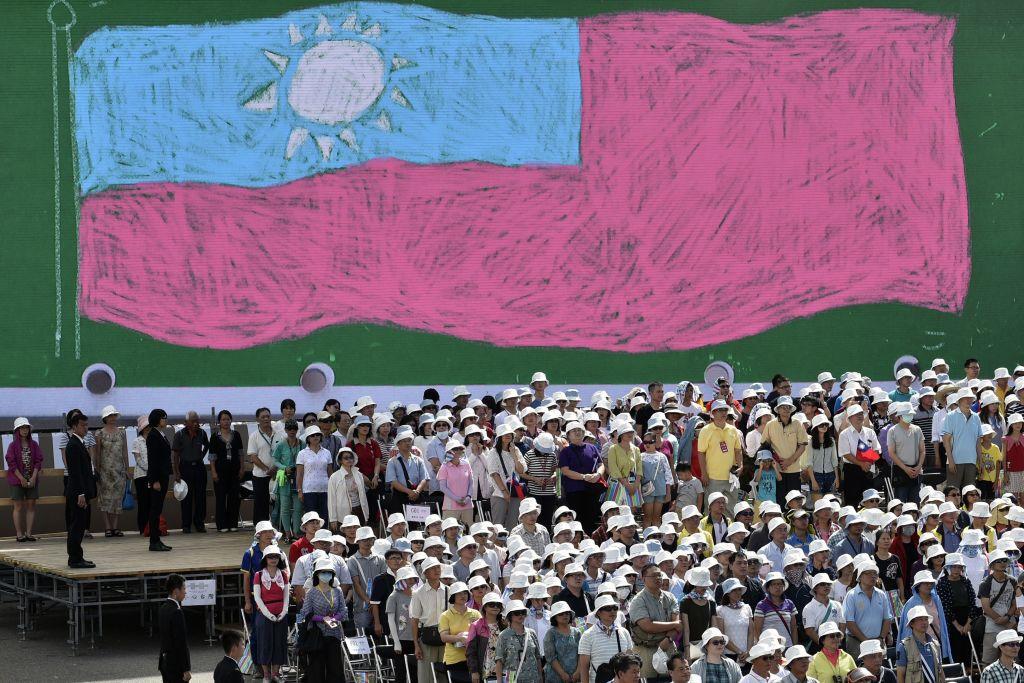Unidentified officials from Taiwan’s National Security Bureau said that Beijing’s “united front” work has infiltrated schools at all levels, targeting students, teachers, and school headmasters, according to an Oct. 4 report by Taiwanese newspaper the Liberty Times.
In an attempt to influence Taiwanese politics and society, Beijing has for a long time resorted to subversion campaigns carried out by the United Front Work Department of the Chinese Communist Party (CCP), as well as other Party agencies, to persuade organizations or individuals to spread the Party’s propaganda.





